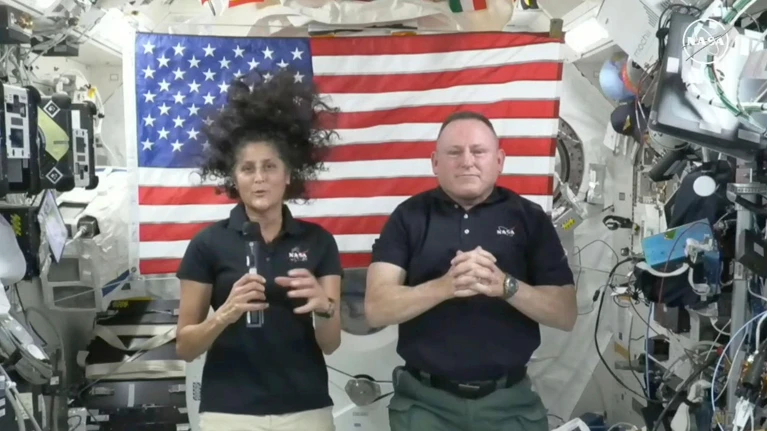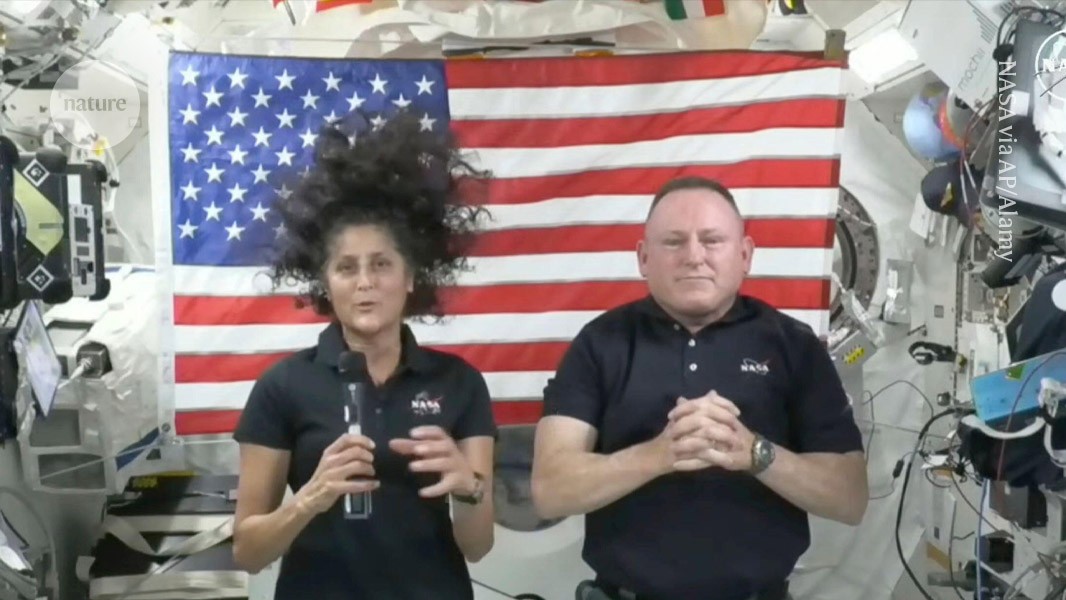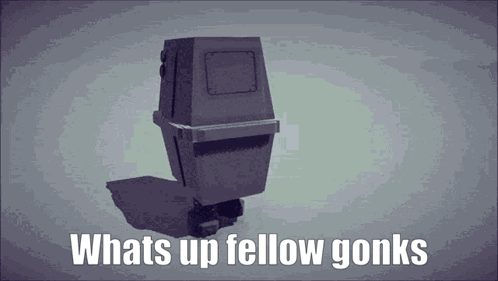Spyxos
Member

Over the course of just one month in space, engineered human heart tissue got weaker, its ‘beating’ patterns became irregular and it underwent molecular and genetic changes that mimicked the effect of ageing. The study offers a useful means of identifying the molecular pathways behind the detrimental effects of spaceflight on the human heart, says Joseph Wu, a cardiologist at Stanford University in California.
Microgravity can be hard on the body, and astronauts exposed to it have experienced cardiovascular changes, such as an irregular heartbeat. But unpicking the effects on the heart of long-duration spaceflight — that lasting for months at a time — and the molecular changes that underpin those changes has remained out of reach, says study co-author Deok-Ho Kim, a biomedical engineer at Johns Hopkins University in Baltimore, Maryland. “It’s not possible to do the different molecular and functional studies in human astronauts,” he says.
A ‘heart’ on a chip
To overcome this challenge, Kim and his colleagues sent engineered heart tissue to the International Space Station (ISS) for 30 days. To engineer the tissue, the researchers coaxed human induced pluripotent stem cells — which act as blank canvases that can differentiate into any cell type — to develop into human heart muscle cells. The team then strung sets of six tissue samples between pairs of posts. One post in each pair was flexible, allowing the samples to contract like a beating heart. The system, which they call a heart-on-a-chip, was housed in a chamber about half the size of a cellphone.
Once the heart-on-a-chip system was on board the ISS, Kim and his colleagues used sensors to monitor the strength of the tissues’ contraction and beating patterns in real time. For comparison, they monitored another set of tissue samples that remained on Earth.
After 12 days on the ISS, the tissues’ contraction strength had almost halved, whereas that of their on-ground counterparts had remained relatively stable. This weakening was still apparent even after nine days of recovery back on Earth. In space, the tissues’ beats also became more irregular over time, with the period between each beat increasing by more than five times at day 19. But this irregularity disappeared after the samples came back to Earth. This suggests that NASA astronauts Sunita Williams and Butch Wilmore — who have been stuck on the ISS for months owing to technical problems with Boeing’s Starliner spacecraft — are probably experiencing cardiovascular stress that will resolve after they return to Earth, say Wu.
Genetic changes
After getting the tissues back from space, Kim and his colleagues used transmission electron microscopy to look at the samples’ sarcomeres — strands of proteins responsible for muscle contractions. After being in orbit for a month, these protein bundles had become shorter and more disordered compared with those in the tissues that had remained on the ground. The mitochondria — the energy-producing machinery inside cells — had also become swollen and fragmented.
When the researchers sequenced the tissue samples’ RNA, they found an increase in the expression of genes and signalling pathways associated with inflammation and heart disorders in tissues that had travelled on the ISS. Meanwhile, genes that produce proteins required for normal heart contraction and mitochondrial function showed signs of reduced expression.
Although the study’s heart-on-a-chip approach is innovative, it doesn’t capture other important cardiovascular changes that can occur in the human heart, such as pressure in the arteries, says Wu. But he adds that a similar set-up could be useful for studying how other organs fare under microgravity and harsh radiation levels. “The platform’s ability to function in a microgravity setting whilst maintaining tissue viability is a major advantage,” he says.
Kim and his colleagues are planning to send other heart and organ tissues into space for a longer period to investigate the effects of spaceflight more deeply. They also hope to test drugs that can counteract some of the impacts of microgravity on the heart.

The human heart shows signs of ageing after just a month in space
Researchers sent engineered heart tissue to the International Space Station and measured how it faired.










